
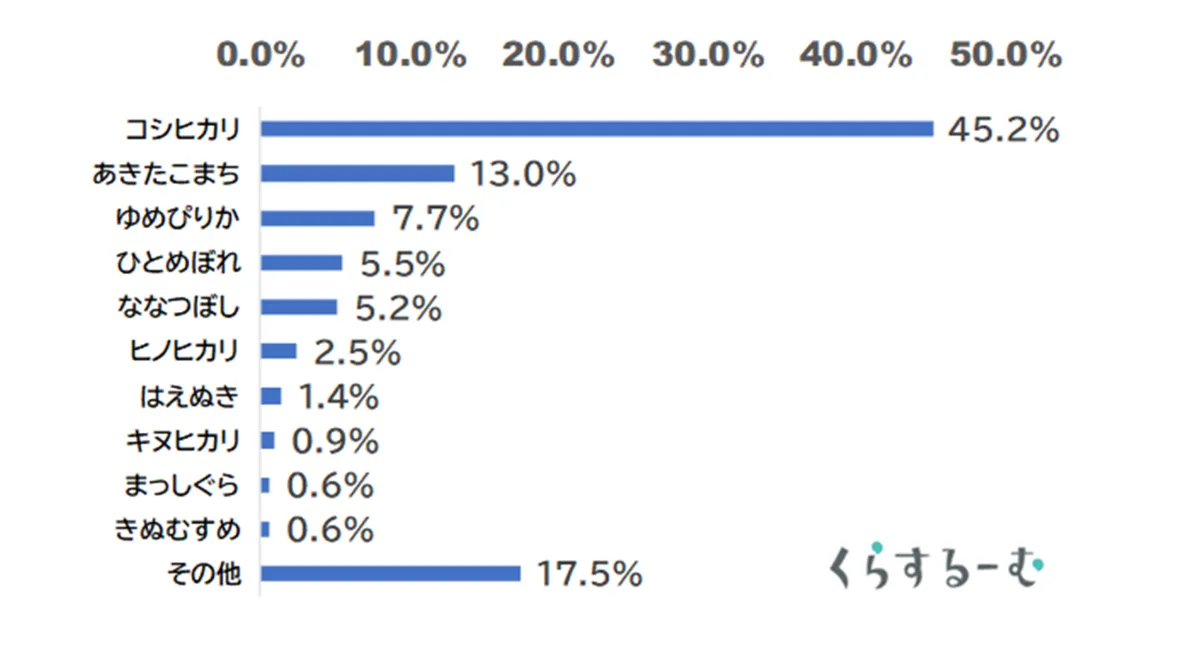
Survey Reveals Japanese Rice Policies Leave 90% Unsatisfied Amidst Rising Demand for Noodles
In a recent survey conducted by Sankei Research and Data in collaboration with the Rulemaking Strategy Organization, a group predominantly comprised of Tokyo University students, a striking 90% of the 2,683 respondents expressed dissatisfaction with Japan's current rice policies. This survey, conducted from April 30 to May 7, 2025, sheds light on the significant impact rising rice prices and shortages have had on consumer behavior.
Among the findings, the favorite brand of rice among respondents was 'Koshi Hikari', which dominated with 45.2% of the votes, leaving its nearest competitor, 'Akita Komachi', far behind at 13.0%. When it came to preferred regions of production, Niigata Prefecture led at 28.3%, followed by Akita at 11.1% and Hokkaido at 10.6%.
Moreover, the survey highlighted a pressing concern regarding the effects of rice shortages and price increases; approximately 75% of participants indicated that their lifestyles have been negatively affected. Specifically, 37.4% felt there had been a significant impact, while 37.9% reported some effect. The consequences were notable; 31.3% of participants stated they had increased their consumption of noodles, and 26.2% had started eating more bread. Interestingly, 25.6% admitted to decreasing their rice intake, and 23.9% reported searching for stores selling rice.
Despite these changes, 30.4% of respondents asserted that their eating habits remained unchanged. Those who felt less affected often cited reasons such as a low rice consumption rate (26.5%) or reliance on family members in agriculture for their rice supply (18.2%).
A pivotal point of concern among the surveyed individuals was the need for regulations to combat rice reselling, with over 90% advocating for stricter legal measures. Of those surveyed, 67.7% believed that new laws should be enacted to restrict reselling, while 24% felt that current regulations should be enforced more rigorously.
In terms of government responses, a staggering 90.3% deemed the current measures related to rice distribution as insufficient. As consumer reliance on stored and imported rice grows amid domestic shortages, opinions varied regarding the consumption of such sources. For instance, 72.8% of respondents believed the government should release reserve rice sooner, while 47.6% found it acceptable to eat government stockpiled rice if it had been properly stored. Meanwhile, 31.1% expressed willingness to eat imported rice as long as its taste did not differ significantly from domestic varieties.
This survey illustrates the profound impact of the soaring prices and scarcity of rice on Japanese households and eating habits. Not only does it affect individual nutrition, but it also poses vital concerns for agricultural workers and the broader agricultural industry. It reflects on existing government policies and their limitations in securing food supplies, highlighting a critical crossroads for Japan as it approaches its upcoming elections.
The detailed results of this survey can be accessed through the survey site 'Kurasu Room', which serves as a platform for monitoring consumer trends across Japan. This initiative, run by Sankei Research and Data, leverages internet research to inform community development and corporate strategies, contributing significantly to discussions on Japan's economic security and related issues more broadly.
For more insights and detailed reports, visit Kurasu Room.
Sankei Research & Data specializes in internet research and community support, assisting municipalities with development, companies with product development, and engaging in AI-based solutions for communications and promotional needs. For further inquiries, visit Sankei RD.
Founded in 2023 and led by students from Tokyo University, the Rulemaking Strategy Organization focuses on critical issues like economic security, rule-making strategies, and regional revitalization. More information can be found at Rulemaking Strategy.
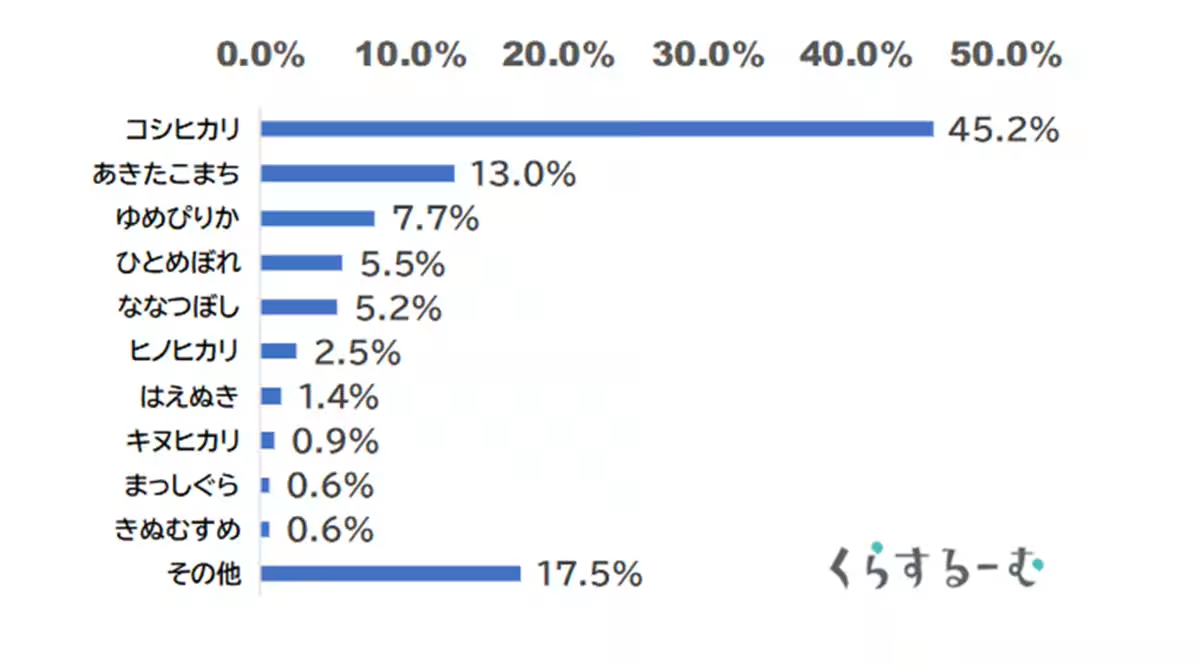
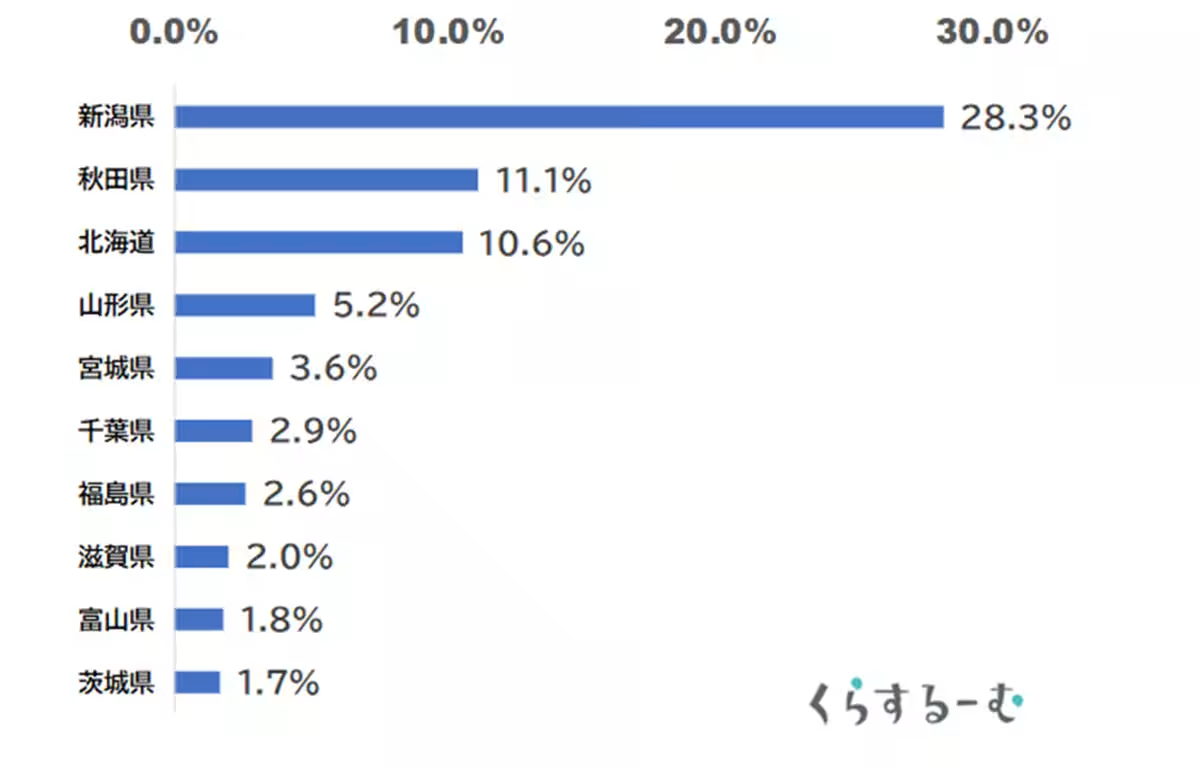
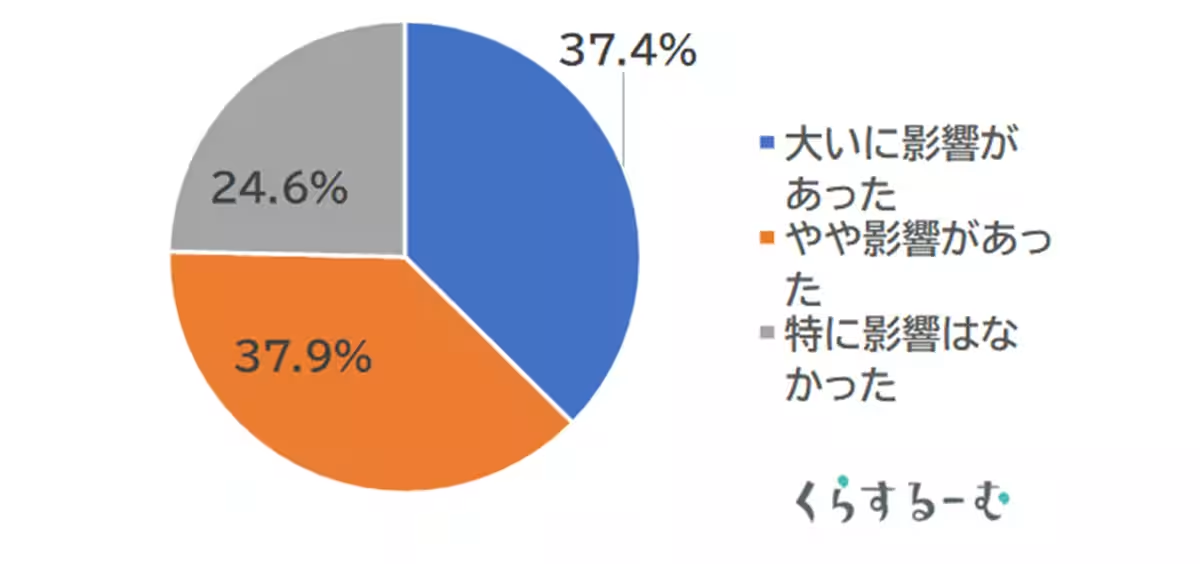
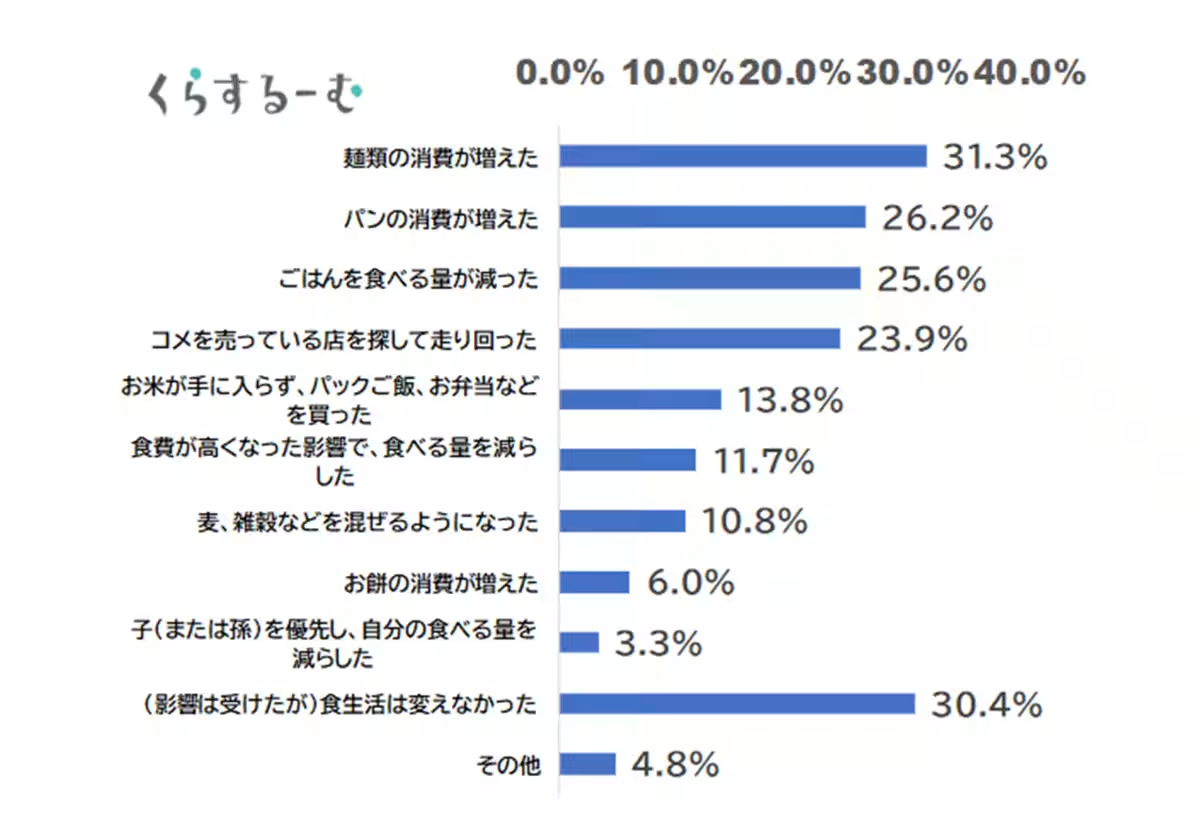
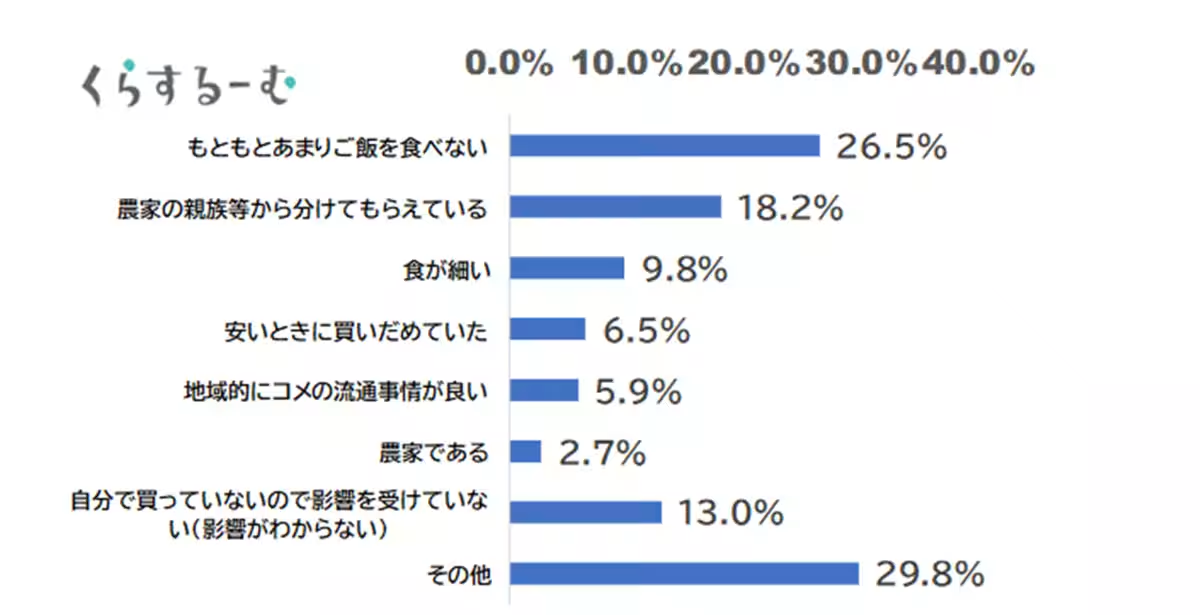
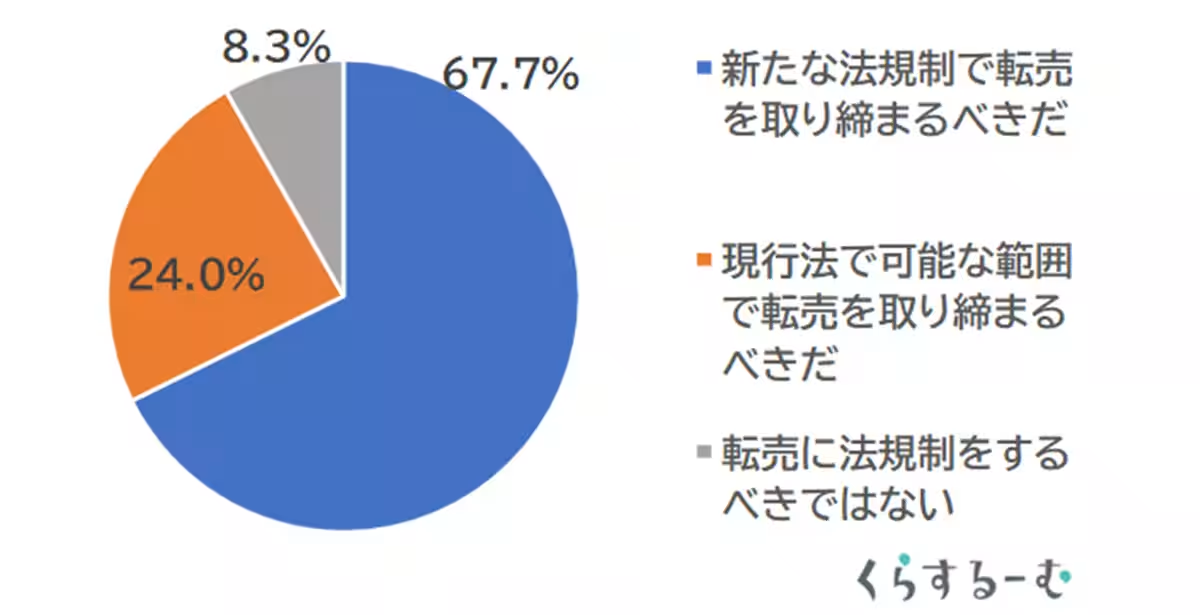
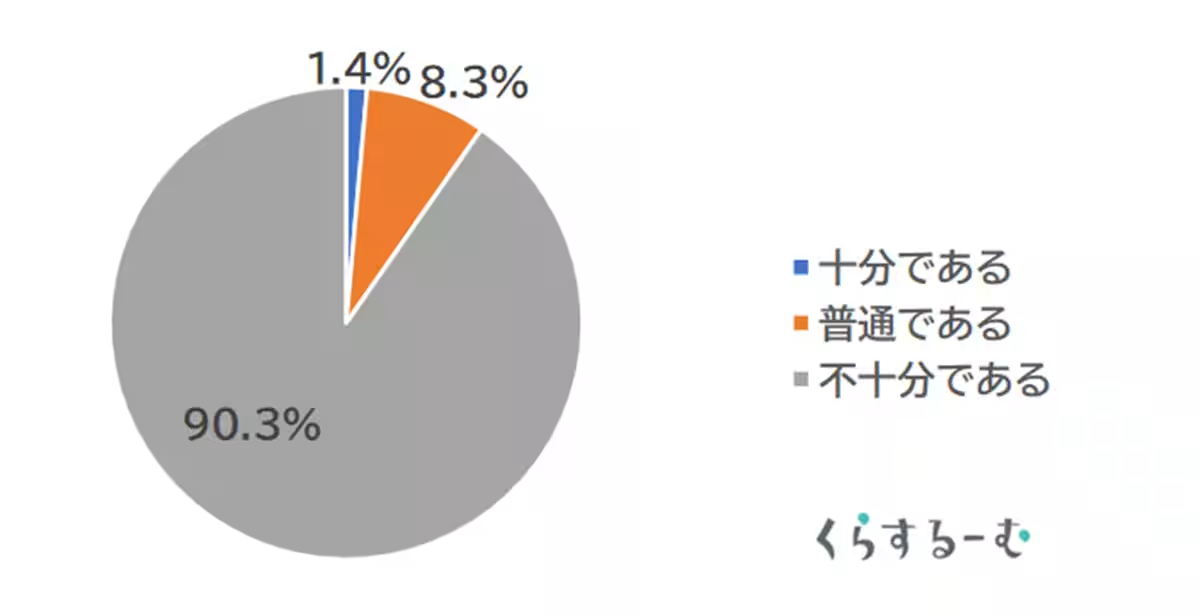
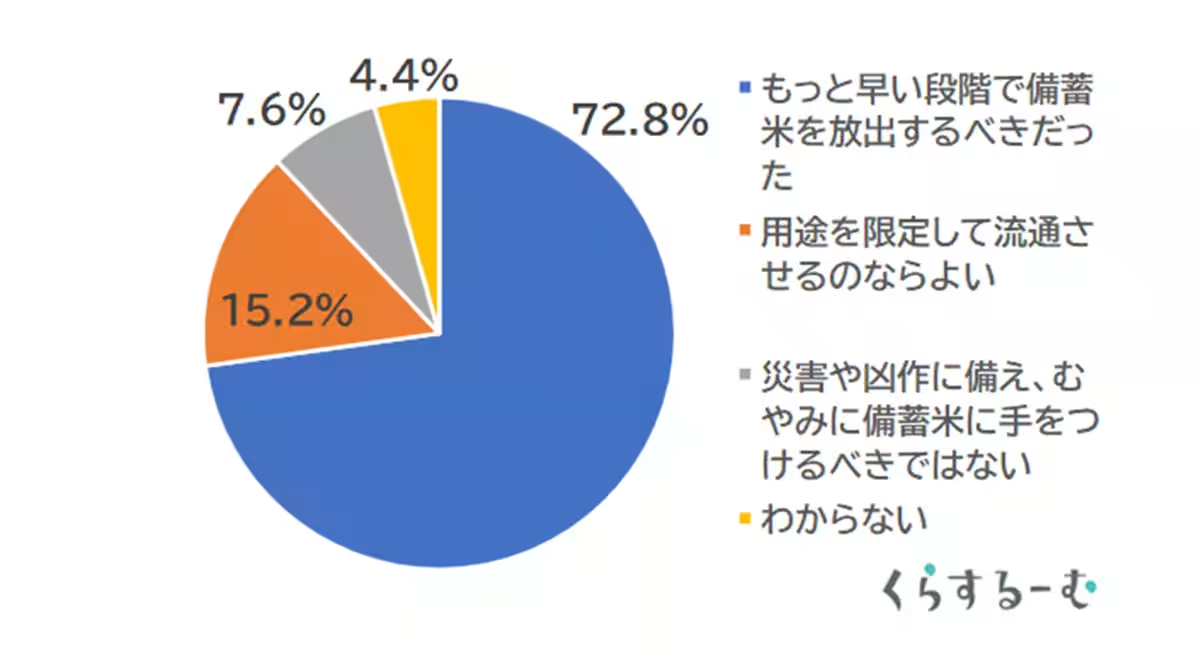
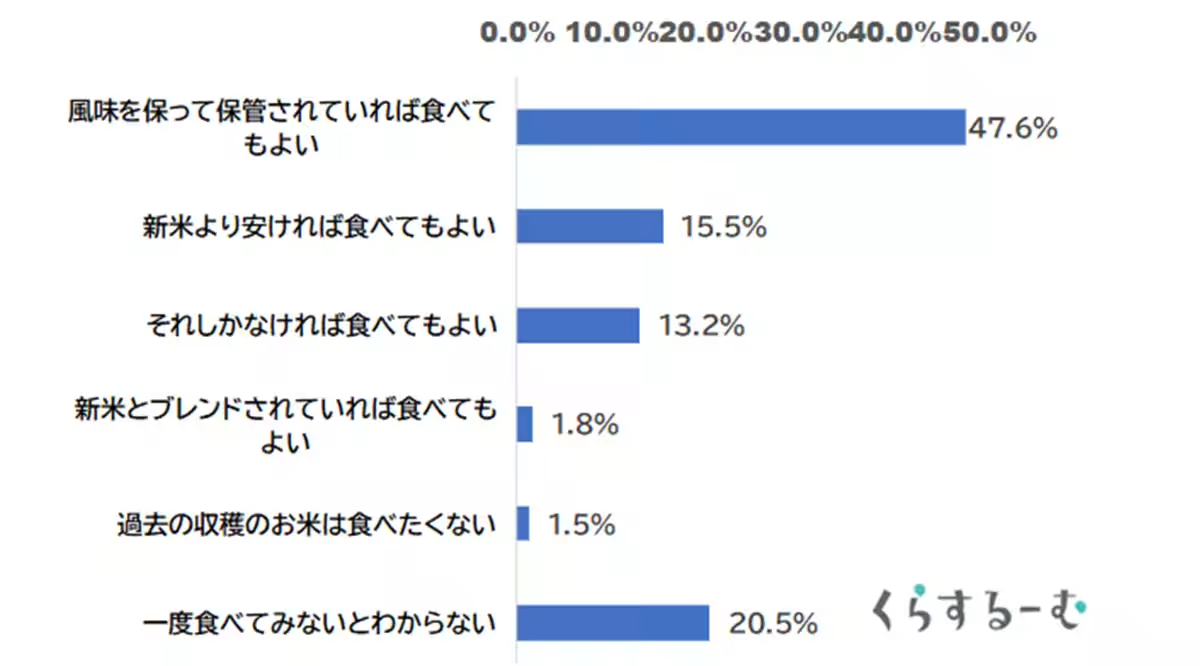
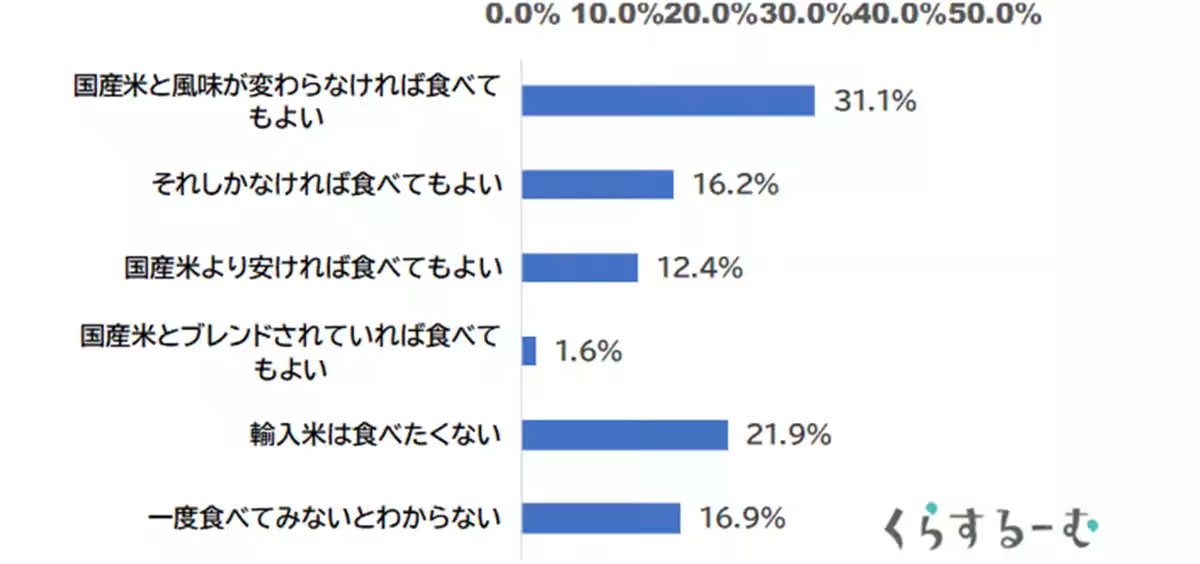
Among the findings, the favorite brand of rice among respondents was 'Koshi Hikari', which dominated with 45.2% of the votes, leaving its nearest competitor, 'Akita Komachi', far behind at 13.0%. When it came to preferred regions of production, Niigata Prefecture led at 28.3%, followed by Akita at 11.1% and Hokkaido at 10.6%.
Moreover, the survey highlighted a pressing concern regarding the effects of rice shortages and price increases; approximately 75% of participants indicated that their lifestyles have been negatively affected. Specifically, 37.4% felt there had been a significant impact, while 37.9% reported some effect. The consequences were notable; 31.3% of participants stated they had increased their consumption of noodles, and 26.2% had started eating more bread. Interestingly, 25.6% admitted to decreasing their rice intake, and 23.9% reported searching for stores selling rice.
Despite these changes, 30.4% of respondents asserted that their eating habits remained unchanged. Those who felt less affected often cited reasons such as a low rice consumption rate (26.5%) or reliance on family members in agriculture for their rice supply (18.2%).
A pivotal point of concern among the surveyed individuals was the need for regulations to combat rice reselling, with over 90% advocating for stricter legal measures. Of those surveyed, 67.7% believed that new laws should be enacted to restrict reselling, while 24% felt that current regulations should be enforced more rigorously.
In terms of government responses, a staggering 90.3% deemed the current measures related to rice distribution as insufficient. As consumer reliance on stored and imported rice grows amid domestic shortages, opinions varied regarding the consumption of such sources. For instance, 72.8% of respondents believed the government should release reserve rice sooner, while 47.6% found it acceptable to eat government stockpiled rice if it had been properly stored. Meanwhile, 31.1% expressed willingness to eat imported rice as long as its taste did not differ significantly from domestic varieties.
This survey illustrates the profound impact of the soaring prices and scarcity of rice on Japanese households and eating habits. Not only does it affect individual nutrition, but it also poses vital concerns for agricultural workers and the broader agricultural industry. It reflects on existing government policies and their limitations in securing food supplies, highlighting a critical crossroads for Japan as it approaches its upcoming elections.
The detailed results of this survey can be accessed through the survey site 'Kurasu Room', which serves as a platform for monitoring consumer trends across Japan. This initiative, run by Sankei Research and Data, leverages internet research to inform community development and corporate strategies, contributing significantly to discussions on Japan's economic security and related issues more broadly.
Survey Overview
- - Name of Survey: Rice Survey
- - Participants: 2,683 valid responses
- - Duration: April 30 to May 7, 2025
- - Methodology: Internet survey via 'Kurasu Room' membership
Demographics of Respondents
- - Gender: Male 1,765 (65.8%), Female 918 (34.2%)
- - Age Groups: 20s - 28 (1.0%), 30s - 89 (3.3%), 40s - 268 (10.0%), 50s - 563 (21.0%), 60s - 920 (34.3%), 70s - 656 (24.5%), 80 and older - 159 (5.9%)
For more insights and detailed reports, visit Kurasu Room.
About Sankei Research & Data
Sankei Research & Data specializes in internet research and community support, assisting municipalities with development, companies with product development, and engaging in AI-based solutions for communications and promotional needs. For further inquiries, visit Sankei RD.
About the Rulemaking Strategy Organization
Founded in 2023 and led by students from Tokyo University, the Rulemaking Strategy Organization focuses on critical issues like economic security, rule-making strategies, and regional revitalization. More information can be found at Rulemaking Strategy.










Topics Consumer Products & Retail)










【About Using Articles】
You can freely use the title and article content by linking to the page where the article is posted.
※ Images cannot be used.
【About Links】
Links are free to use.